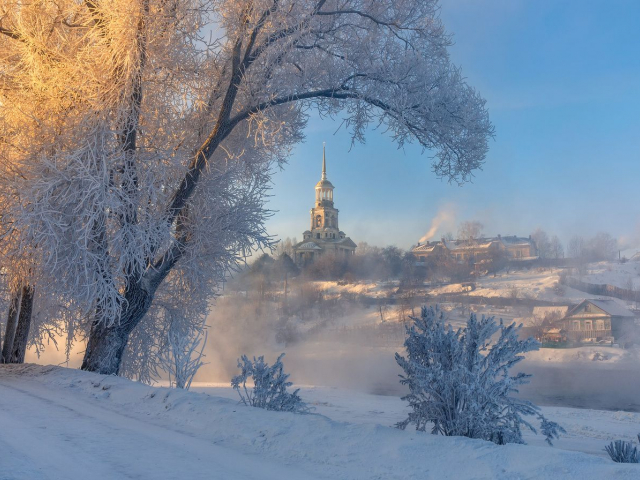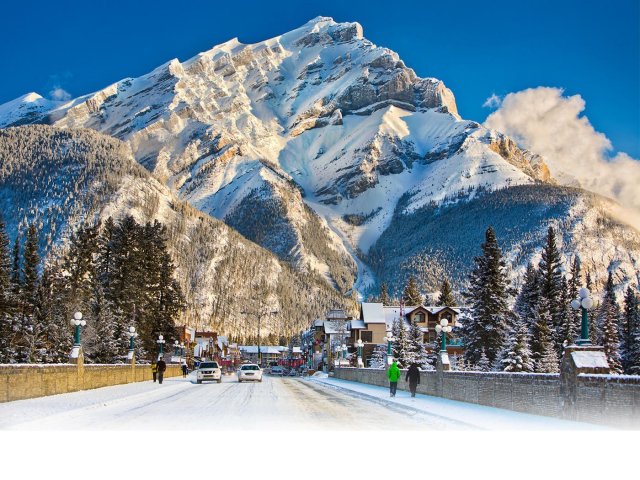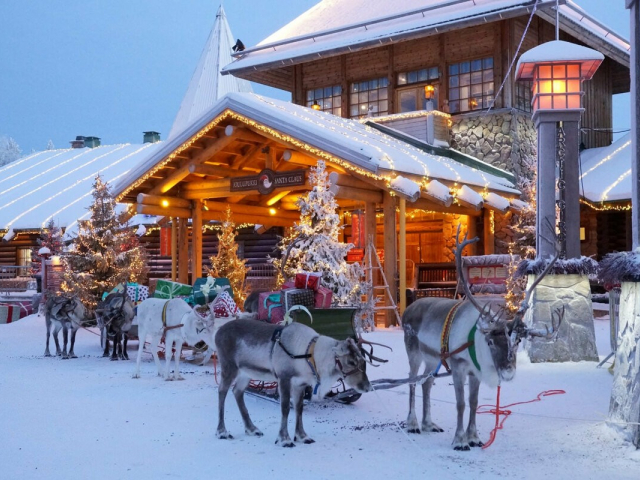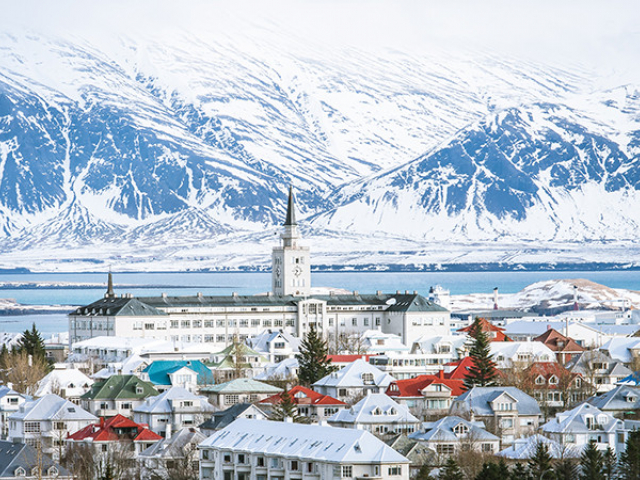Greenland
Greenland tops the list as the largest island in the world, a territory of the Kingdom of Denmark. Bordered by the Arctic and Atlantic Oceans, nearly 80% of Greenland is covered by permanent ice. Massive icebergs regularly break off from the island and drift southward. In Greenland’s interior, the ice layer can reach a thickness of 3 km. The sparse population is mainly found along the southwestern coast, which is the warmest area. Even in summer, the average temperature rarely exceeds +10°C, occasionally dropping to zero. Winters in Greenland are relatively mild, with temperatures reaching -10°C. Notably, the island’s central region remains locked in permanent ice.
Russia
Russia, a vast country with varied climate zones, has some of the coldest areas in the world, notably in the Far North, Arctic, and northern Siberia. The term "Siberian frost" is widely recognized, as these regions rarely experience summer and have extremely harsh living conditions. The northern coastline can freeze to -70°C. In 1938, a temperature of -71.2°C was recorded in the village of Oymyakon. Many regions across Russia experience significant winters with heavy snowfall and intense cold, with some towns recording temperatures as low as -60 to -70°C. For example, in Yakutia, temperatures of -55°C are common.
Canada
Canada’s climate resembles Russia’s in many ways. Much of its territory lies north of the Arctic Circle, making severe cold and strong winds common. Temperatures in parts of Canada have been recorded as low as -45°C and the average winter temperature is around -39°C. Canada experiences heavy snowfall, with snow depths often reaching human height. In Quebec, for example, snowfall can accumulate up to 3.3 m over the winter. Canada is exposed to Arctic winds, with a harsh subarctic climate along the coast. In winter, the east coast is buried in snow, with temperatures frequently dropping to -40°C.
Finland
This northern country also experiences severe cold, particularly in winter. Finland’s daylight hours are limited to six during winter, and snow covers the ground for most of the season. Temperatures around -25°C are typical in Finnish cities, while in the northern region of Lapland, home to Santa Claus, it gets especially cold. In 1999, temperatures in Lapland dropped to -51°C. Snow in Finland can last for nearly half the year, and winter temperatures often fall to -25°C to -27°C.
Iceland
Iceland rounds out the top five. Known as the "Land of Ice," it is indeed dominated by ice and lacks much sunlight, which makes the cold feel even more intense. Winter temperatures often reach -30°C, while summer temperatures in mountain valleys rarely exceed 0°C. In northern Iceland, the average winter temperature does not rise above -10°C, with record lows once reaching -40°C. Mountainous areas are always colder than the lowlands, regardless of the season.

 Stay
Stay 



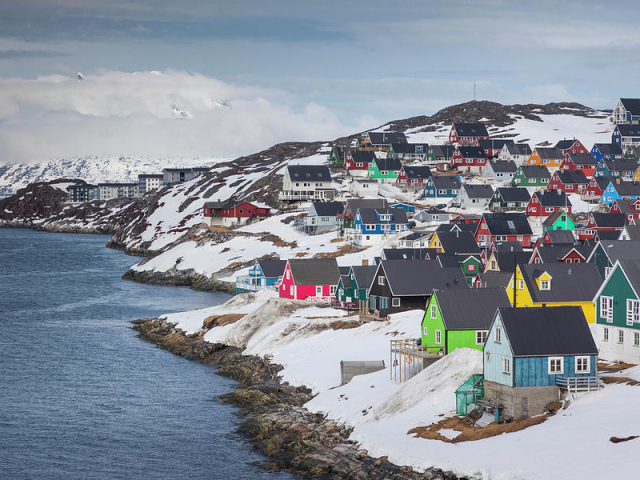
 680
680 5
5